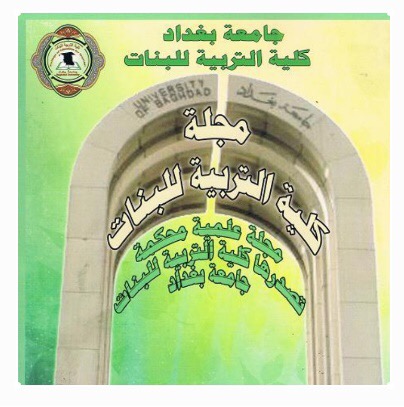Thinking skills and its Relationship to Some Variables to Four Grade Primary School Pupils with Slow Learning Abilities
Abstract
The problem of slow learning in primary schools’ pupils is not a local or private one. It is also not related to a certain society other than others or has any relation to a particular culture, it is rather an international problem of global nature. It is one of the well-recognized issues in education field. Additionally, it is regarded as one of the old difficulties to which ancient people gave attention. It is discovered through the process of observing human behaviour and attempting to explain and predict it.
Through the work of the two researchers via frequent visits to primary schools that include special classes for slow learning pupils, in addition to the fact that one of the researcher has a child with slow learning issue, the researcher realized that there is a large number of pupils who suffer slow learning difficulty. The researchers carried out anexploratory experiment on over 20 teachers of special education, concluding that there is about 80% of slow learning pupils suffer from thinking skills deficiency.
The concept of thinking skills as pointed out by Debono (2003) is that they are mental skills that can be improved through exercise and learning. That can be done through preparing situations and creating a suitable system. That should lead to the acquisition og the knowledge and information on the part of the learner. This is supposed to lead the learner to the search for further knowledge of deeper nature, creating good learning. The concept of slow learning, on the other hand, is the child who suffer from a simple retardation qualification or a child of normal brain abilities, but for a certain reason takes a longer time in learning in comparison to his/her peers.
The current study aims at identifying thinking skills for fourth primary grade pupils. The study is limited to the number of 150 pupils of fourth primary grade who suffer from slow learning of male gender only. The researcher prepared a test to measure thinking skills for those pupils.
According to the results of the study the researcher reached a number of conclusions and suggestions.

Published
Issue
Section
License
![]()
All articles published in Journal of College of Education for Women are licensed under a Creative Commons Attribution 4.0 International License.










